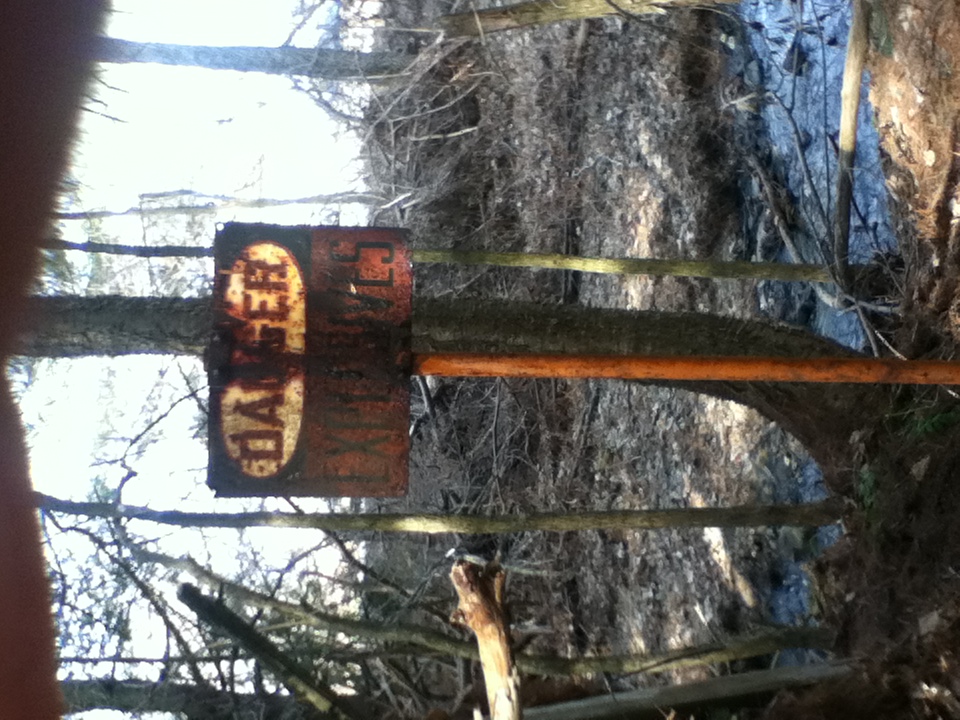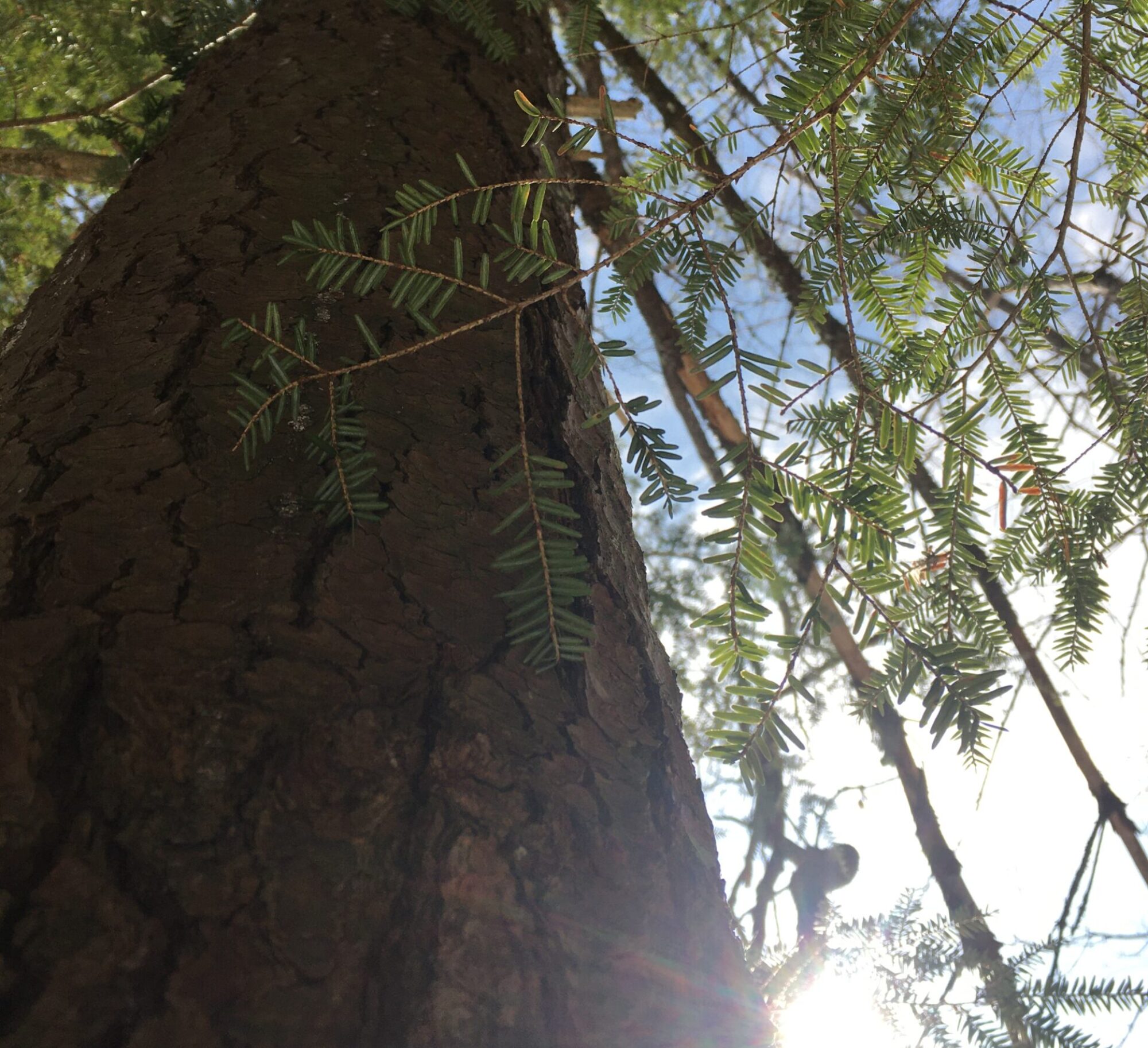While I live and go to school in the same state, my hometown of Williamstown, Vermont has a notably different sense of place than that of Burlington/at UVM. At home, my sense of place relies heavily on experience and social interactions; in general, I have little to no knowledge about the history of my neighborhood nor my town, nor have I taken the time (nor had the knowledge) to assess my town through an ecological lens. Prior to my first semester at UVM, I’ve understood my town as my rural home in the middle of Vermont; in my community (as I perceive it), there are hunters, townees, farmers, and everyone else, and many obsess over high school sports (especially basketball). In my high school (with 350 people grades 6 through 12), these values were reflected; I always felt like there was an emphasis on athletics over arts and academia. These perceptions of my community are the main factors of how I perceive my town on the whole – that is, as small in scope with limited opportunity and limited understanding of broad, global concepts. It is important to note that this is my sense of my town based on my own biased perceptions. I’ve also had many positive experiences in Williamstown that have countered the frustration I’ve often experienced as a result of my seemingly close-minded town; I still keep in touch with my three best friends from high school, and the time I’ve spent and people I’ve met through theatre and band comprise some of my fondest memories of my town and high school. My time in Williamstown has shaped my identity through the contrast between what I value and what my community seemingly values. For instance, I feel like I identify most as a scholar opposed to the common title/identity of athlete (although I did play sports in high school). While I often feel resentment towards the setting of my upbringing, Williamstown is still my home, and I think I’ll always appreciate it as such.
My education thus far at UVM has made me realize that there is more than just this social element to my sense of place of Williamstown, Vermont. One of the most interesting facets of sense of place to me is the ecological/biophysical setting. Thus far, I’ve always had an experiential view of my home, I recall the time I’ve spent in the woods surrounding my yard with my friends, cousins, and sibling, the forts we built, and the trails we blazed or followed. Additionally, I recognize that some of the land is used for farming, and that hunters often trek through the woods in search of prey. However, I’ve never stopped to consider exactly what species hunters hunt for, how agriculture impacts the land and water locally, and what the organismic composition of the woods I’ve been in so often is. With the new knowledge I am continually accruing at UVM in the domains of ecology, history, society, economics, and critical thinking/epistemology, I think my sense of place in my home of Williamstown, Vermont will continue to grow and develop beyond what is already established so that I may understand the setting of my upbringing as more than just the biased perceptions based on my experiences.



